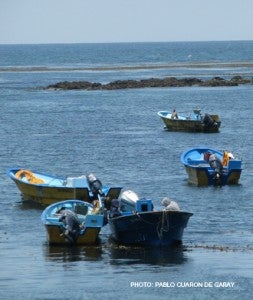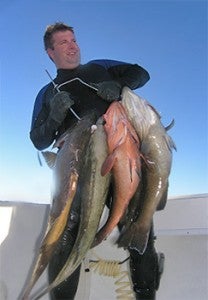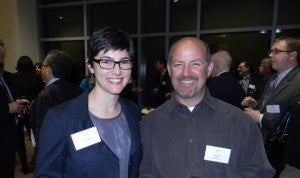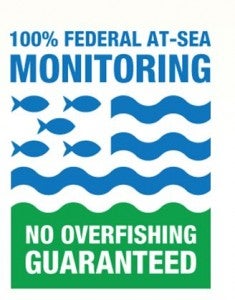 By Sarah Poon
By Sarah Poon
Whether in school, at work, or at play, we’ve all experienced the value of working collectively to achieve a common goal. Many fisheries around the world are successfully managed by providing a structure for collaboration between fishermen via Cooperative catch shares.
In a Cooperative catch share, one or more groups of fishing participants, or “Cooperatives”, are allocated a secure portion of the catch or a dedicated fishing area. In exchange, they are responsible for accepting certain management responsibilities. Many fishing communities around the world have traditionally managed their coastal resources cooperatively, leveraging their local knowledge and relationships to achieve common goals. Recognizing the success of this approach, many fisheries are building upon this traditional practice, while also adapting to the realities of today’s increasingly global fishery markets.
There are hundreds of Cooperatives around the world. They have formed in different ways and have various functions and capacities. But when it comes to their ability to manage fisheries, they share a common (perhaps obvious) theme: Cooperatives work best when people cooperate. Cooperatives have demonstrated that fishermen working together (often hand-in-hand with fishery managers) can improve fishery science, tailor management to local conditions, increase profits and respond to complex management challenges such as discarding and habitat impacts. Read More


